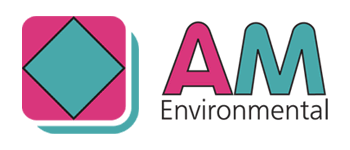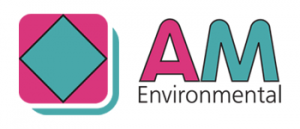What can be recycled? Paper of course – most of us are guilty of occasional excessive use of the office printer. Then there is food waste. But did you know that used toner cartridges, batteries and even light bulbs can be recycled – although they are classified as hazardous waste and should be dealt with accordingly?
In most workplaces there is a fundamental lack of understanding about what actually can be recycled. We’re here to put that right.
The first step to learning what can be recycled involves identifying what materials are being thrown away. Where waste is arising and what currently happens to it. This can be achieved by simply looking in bins at different locations around your premises, but for a more accurate picture, look at your bills and call upon the expertise of your waste management provider to guide you.
Once you’ve identified your waste streams, recycling at work can be easy to set up and run, could save you money and helps to protect the environment.
The Office
If all the items found in the office were recycled instead of disposed of into a single general waste bin, it could cut office waste by more than half. Simply by replacing desk-side general waste bins with centralised containers you could achieve a 60% recycling rate.
Recycling: Waste paper and card, empty drinks cans
Food waste: half-eaten lunchtime sandwiches, wrinkled apples or brown bananas
Confidential waste: Sensitive documents that need to be shredded and recycled
Hazardous waste: Toner cartridges, batteries, light bulbs, computer cleaning wipes, electrical equipment, glue.
The Washroom
Washrooms and toilet facilities can provide an opportunity to separate clinical waste from other waste streams. Clinical waste isn’t only found in doctor’s surgeries, hospitals and pharmacies. While sharp needles and syringes won’t be commonplace in many work environments, other personal items such as feminine hygiene products and first aid items are. In fact, any medical equipment or products that come into contact with bodily fluids are classed as clinical waste and we can help to dispose of them safely and appropriately.
General waste: Paper towels
Hazardous waste: Cleaning chemicals, aerosols
Clinical waste: feminine hygiene products
The Workshop/Warehouse
Most workshops or warehouses contain a multitude of ‘difficult’ or hazardous waste, many of which are subject to regulatory compliance at the point of disposal.
Recycling: paper, cardboard boxes
Hazardous waste: fluorescent lighting, contaminated packaging and wipes, paints, adhesive, resins, oils, aerosols, greases
Clinical waste: used first aid kit contents
The Kitchen/Canteen
Kitchens and canteens are prime area for recycling.
Recycling: Empty milk bottles, soup tins, fizzy drinks cans
Food waste: half-eaten cake left over from the weekend from a colleague’s birthday celebrations or leaving party; dried up, curly sandwiches from an office meeting, coffee grounds and teabags
Hazardous waste: cleaning chemicals, fridges, freezers and smoke alarms
Please call us on 01275 854641 or 07778 791497 for further information, or email us using the ‘Contact us’ tab on the main screen of our web site.

